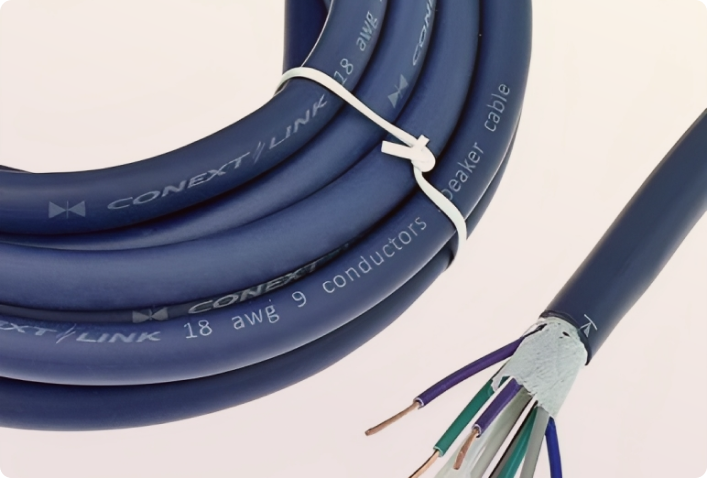Material Matters: Choosing the Right Cable Material
The material composition of a cable is a critical factor that determines its performance, durability, and suitability for specific applications. Different materials offer varying levels of electrical conductivity, temperature resistance, and mechanical strength, among other properties. In this post, we delve into the significance of choosing the right cable material and explore some common materials used in cable manufacturing.
Why Cable Material Matters
- Electrical Conductivity:
- The material's ability to conduct electricity affects the cable's performance in transmitting electrical signals.
- Temperature Resistance:
- Some materials can withstand high temperatures, making them suitable for use in harsh environments.
- Durability:
- The material's resistance to wear and tear impacts the cable's lifespan and reliability.
- Flexibility:
- Flexible materials are essential for cables that will be bent or twisted in their applications.
- Corrosion Resistance:
- Materials that resist corrosion ensure the longevity of cables in moist or corrosive environments.
Common Cable Materials
- Copper:
- Known for its excellent electrical conductivity and flexibility, copper is a common choice for various cable types.
- Aluminum:
- Being lighter and less expensive than copper, aluminum is used in power transmission lines and other applications.
- Stainless Steel:
- With high strength and corrosion resistance, stainless steel is used in harsh environments.
- Fiber Optic:
- Comprising glass or plastic fibers, fiber optic cables offer high-speed data transmission.
- Polyethylene (PE):
- Used as an insulation material, PE offers good dielectric properties and chemical resistance.
- Polyvinyl Chloride (PVC):
- PVC is another common insulation material, known for its flexibility, durability, and cost-effectiveness.
Considerations When Choosing Cable Materials
- Application:
- Understanding the application and environmental conditions is crucial in selecting the appropriate cable material.
- Cost:
- Budget considerations may influence the choice of material, balancing cost with performance requirements.
- Compliance and Standards:
- Ensuring the chosen material complies with relevant industry standards and certifications is essential for safety and performance.
Conclusion
Selecting the right material is paramount in ensuring that a cable meets the performance and safety requirements of its intended application. By understanding the properties and benefits of different materials, one can make an informed decision that balances cost, performance, and compliance.


